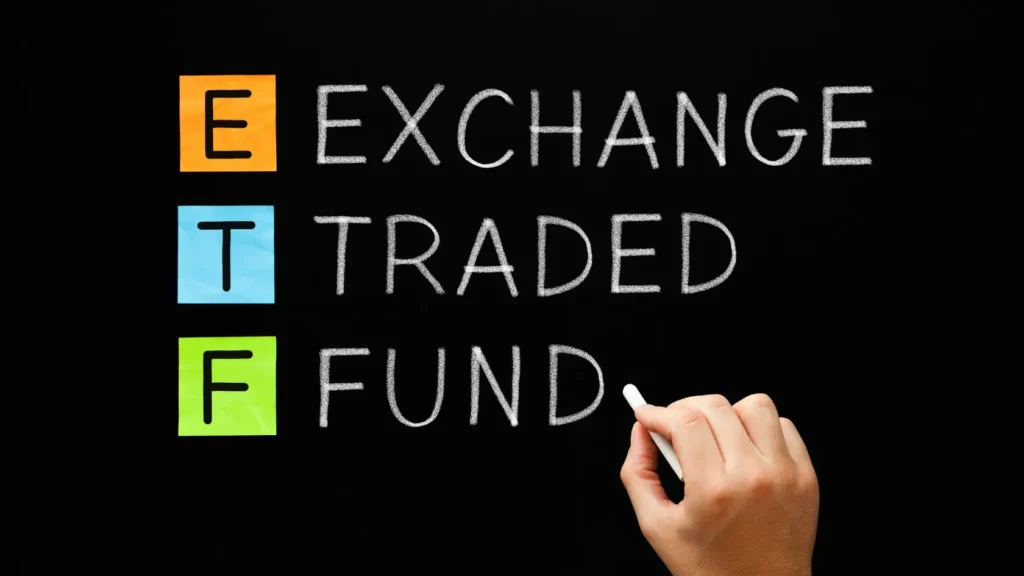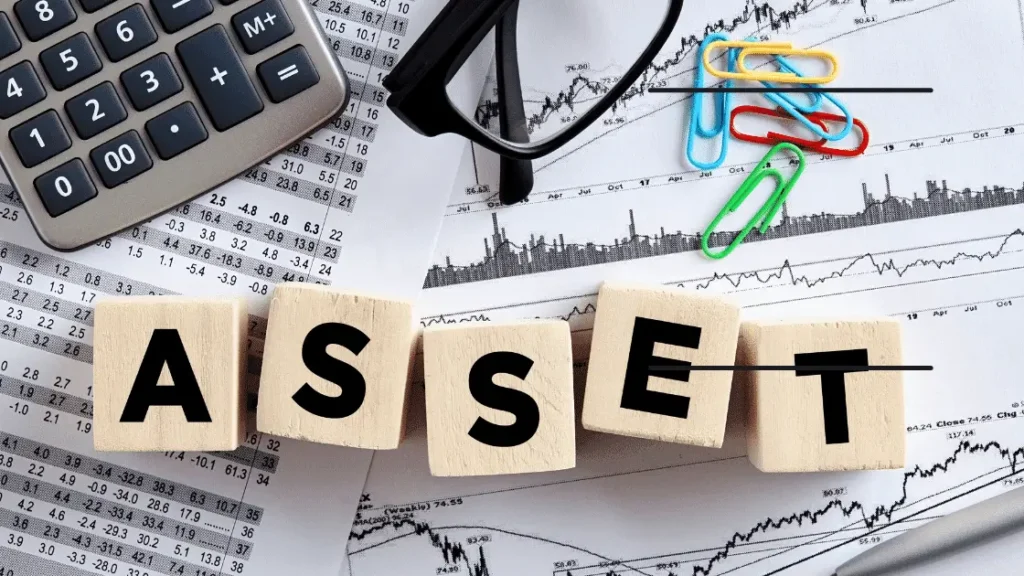Table of Contents
Introduction to ETFs in Kenya
An Exchange-Traded Fund (ETF) is a listed investment product that tracks the performance of an index or a “basket” of securities such as stocks, bonds, or commodities. Do we have ETFs in Kenya? Yes, ETFs are available on the Nairobi Securities Exchange (NSE) and trade like shares, with prices influenced by market demand and supply, making them accessible for Kenyan investors seeking for investment diversification.
ETFs provide a flexible and transparent way to invest in multiple assets without buying each one individually. Explore effective wellness tips for couples seeking intimacy. Discover natural methods to enhance confidence. For advice on this topic, read a knockout post on the latest supplements. Prioritize safe practices and consult professionals. How can I invest in ETFs in Kenya? You can invest by opening a Central Depository and Settlement (CDS) account with a licensed broker, selecting an ETF listed on the NSE, and placing a buy order similar to trading ordinary shares.
Types of ETFs in Kenya
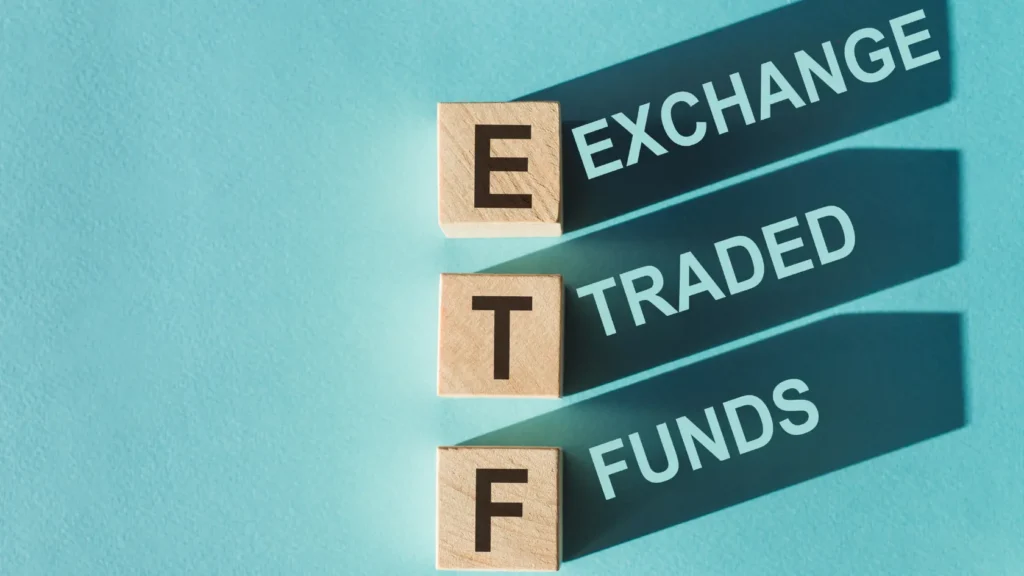
Investors can choose from a variety of ETFs, each designed to track specific types of underlying assets or indices. Here are some common types of ETFs in Kenya.
- Index ETFs: These ETFs aim to replicate the performance of a specific index such as the NSE 20 or NSE 25. They provide investors with diversified exposure to the stocks or bonds in the index. What are the three types of ETFs? Index ETFs are one of them, along with Bond ETFs and Commodity ETFs.
- Bond ETFs: Designed for investors seeking exposure to bonds, these ETFs are particularly attractive during periods of economic uncertainty when investors look for more stable investments such as government or corporate bonds.
- Commodity ETFs (ETCs): These ETFs invest in commodities like precious metals, agricultural products, and energy sources. They are a popular choice for investors looking to diversify their portfolios beyond stocks and bonds. What are the three best ETFs? Globally recognized ETFs like SPDR S&P 500 ETF (SPY) and iShares MSCI Emerging Markets ETF (EEM) are well-regarded, while in Kenya, the NewGold ETF is a leading choice for those interested in gold.
- Stock ETFs: The first and most common type of ETF, stock ETFs give investors exposure to a variety of stocks, making them a great way to diversify across multiple industries or geographies.
- Read also: Corporate Bonds in Kenya: Definition, 4 Types, Benefits, and How to Invest
How ETFs in Kenya Work
An Exchange-Traded Fund (ETF) operates much like a stock, traded throughout the day when stock exchanges are open. Each ETF has a ticker symbol, and its price fluctuates in real-time, similar to individual stocks. What sets ETFs apart is their ability to issue and redeem shares daily. Exploring unexpected factors affecting young men’s health is crucial. Discover insights into youthful health challenges and habits at http://fndmanasota.org/what-does-impotent-mean-for-a-man.pdf Understanding these can help manage health and lifestyle choices effectively. This mechanism helps keep the ETF’s market price closely aligned with the value of its underlying securities.
The creation and redemption process involves institutional investors who play a crucial role in maintaining liquidity and tracking accuracy. They can exchange large blocks of ETF shares, known as creation units, for baskets of the underlying securities. This system ensures that if the ETF’s price deviates from the net asset value of its holdings, the arbitrage mechanism will bring it back in line. This ongoing process helps maintain the ETF’s price stability and ensures it reflects the value of its underlying assets accurately.
How to Invest in ETFs in Kenya
How can I invest in ETF? Investing in ETFs in Kenya involves a few straightforward steps:
- Open a CDS Account: To trade ETFs in Kenya, you need a Central Depository and Settlement (CDS) account. This can be opened with a licensed stockbroker or investment bank in Kenya.
- Select an ETF: Choose an ETF that aligns with your investment goals. For example, the NewGold ETF offers exposure to gold, while other ETFs may track different indices or sectors.
- Place an Order: Work with your stockbroker to buy the ETF through the NSE. ETFs trade like ordinary shares, so you can buy or sell them throughout the trading day.
- Monitor Your Investment: ETFs are traded on the NSE throughout market hours, giving you the flexibility to manage your investments actively.
Benefits of Investing in ETFs in Kenya
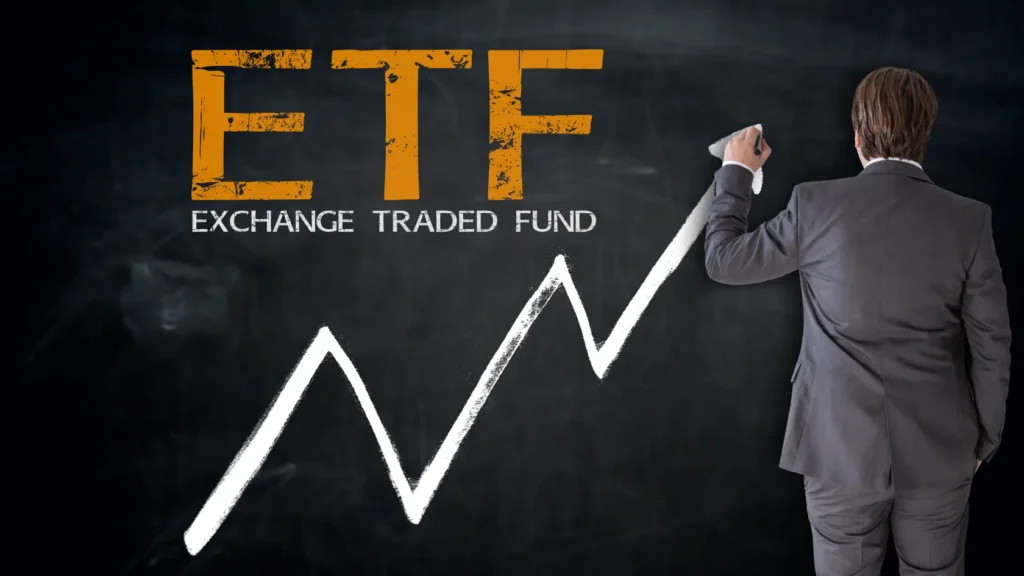
ETFs provide several advantages that make them an attractive option for both new and experienced investors:
- Diversification: With ETFs, investors can access a wide variety of securities or assets, reducing the risk associated with investing in a single stock or bond.
- Regulation and Safety: In Kenya, ETFs are regulated by the Nairobi Securities Exchange (NSE) and the Capital Markets Authority (CMA), ensuring that investors are protected from unfair practices.
- Cash Flow Distributions: Although ETF investors do not directly own the underlying assets, they can still receive dividends when the securities within the ETF pay out dividends.
- Liquidity and Flexibility: ETFs can be bought and sold throughout the trading day on the NSE, providing flexibility and ease of access.
- Tax Benefits: ETFs are exempt from Capital Gains Tax upon sale, making them a tax-efficient investment vehicle.
- Hassle-Free Investing: ETFs allow investors to gain exposure to a diverse array of assets without having to buy each individual security or manage them actively.
- Transparency: ETF holdings are disclosed daily, enabling investors to make informed decisions based on the actual contents of the fund.
- Read also: Mutual Funds in Kenya: What They Are, 4 Types, Benefits, Risks, and How to Invest
Are ETFs in Kenya a good investment?
Yes, ETFs can be a great investment option for individuals looking for a diversified, flexible, and cost-effective way to invest in a wide range of securities. Their ease of trading on the stock exchange, coupled with their tax efficiency, makes them particularly attractive for long-term investors.
Parties Involved in an ETF Issuance
- Market Maker: The market maker in Kenya’s ETF market provides liquidity by offering continuous buy and sell prices, reducing price gaps, and ensuring investors can trade ETFs efficiently. Their role is essential for maintaining a smooth and liquid market, allowing investors to trade without significant price differences.
- Fund Manager: The Fund Manager oversees the ETF’s portfolio, ensuring it reflects the performance of the chosen index or asset class. They make necessary adjustments to keep the fund aligned with its objectives, whether it’s tracking stocks, bonds, or commodities.
- Trustee: The trustee safeguards investors’ interests by holding the ETF’s assets and ensuring the fund complies with legal and regulatory standards. They act as a custodian, overseeing the fund manager’s activities to protect investors.
Together, these parties ensure that the ETFs in Kenya operate transparently, efficiently, and in the best interests of its investors.
Which ETF Gives the Highest Return?
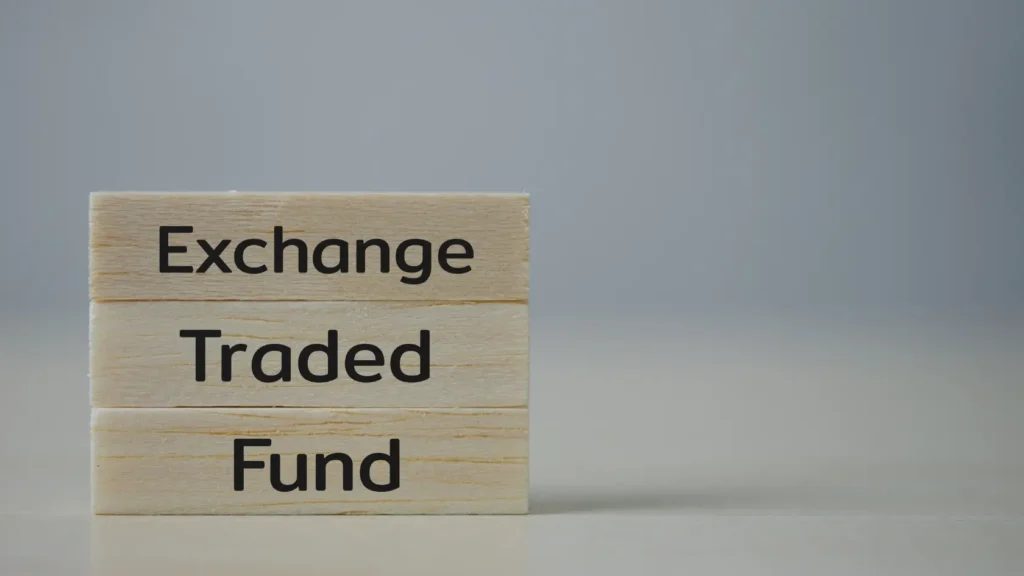
The return on ETFs depends on the underlying assets they track. Which ETF gives the highest return? Globally, equity-focused ETFs like SPDR S&P 500 ETF (SPY) tend to deliver high returns over the long term, though they also come with higher volatility. In Kenya, the NewGold ETF has shown solid returns due to its exposure to gold, which performs well during times of economic uncertainty. Prostaglandin E modulates inflammation and vascular dilation, playing critical roles in pain and fever. Its action, over here, also involves regulating platelet aggregation, influencing physiological responses. However, past performance is not always indicative of future results, so investors should carefully consider their investment goals and risk tolerance when selecting an ETF.
Risks Associated with ETFs
While Exchange-Traded Funds (ETFs) offer diversification and ease of access, they still carry certain risks that investors should consider. One primary risk is market volatility, as the value of an ETF can fluctuate with the performance of its underlying assets, leading to potential losses if those assets underperform. Additionally, liquidity risk may arise in less popular ETFs, where low trading volumes could make it harder to buy or sell shares at favorable prices. There’s also tracking error risk, where an ETF may not perfectly replicate the performance of the index or asset it is designed to track, potentially affecting returns.
Recommended: How to Invest 10 Million Shillings in Kenya: Ultimate Guide
Conclusion
ETFs in Kenya provide an excellent opportunity for Kenyan investors to diversify their portfolios, access a range of asset classes, and benefit from a transparent and flexible investment option. With the Nairobi Securities Exchange (NSE) offering ETFs, it’s easier than ever to participate in global markets and achieve broader exposure without the need for extensive market knowledge or active management. Whether you are looking to invest in stocks, bonds, or commodities, ETFs provide a cost-effective, liquid, and tax-efficient way to grow your wealth. As ETFs continue to gain popularity in Kenya, they represent a compelling option for both novice and experienced investors alike.
